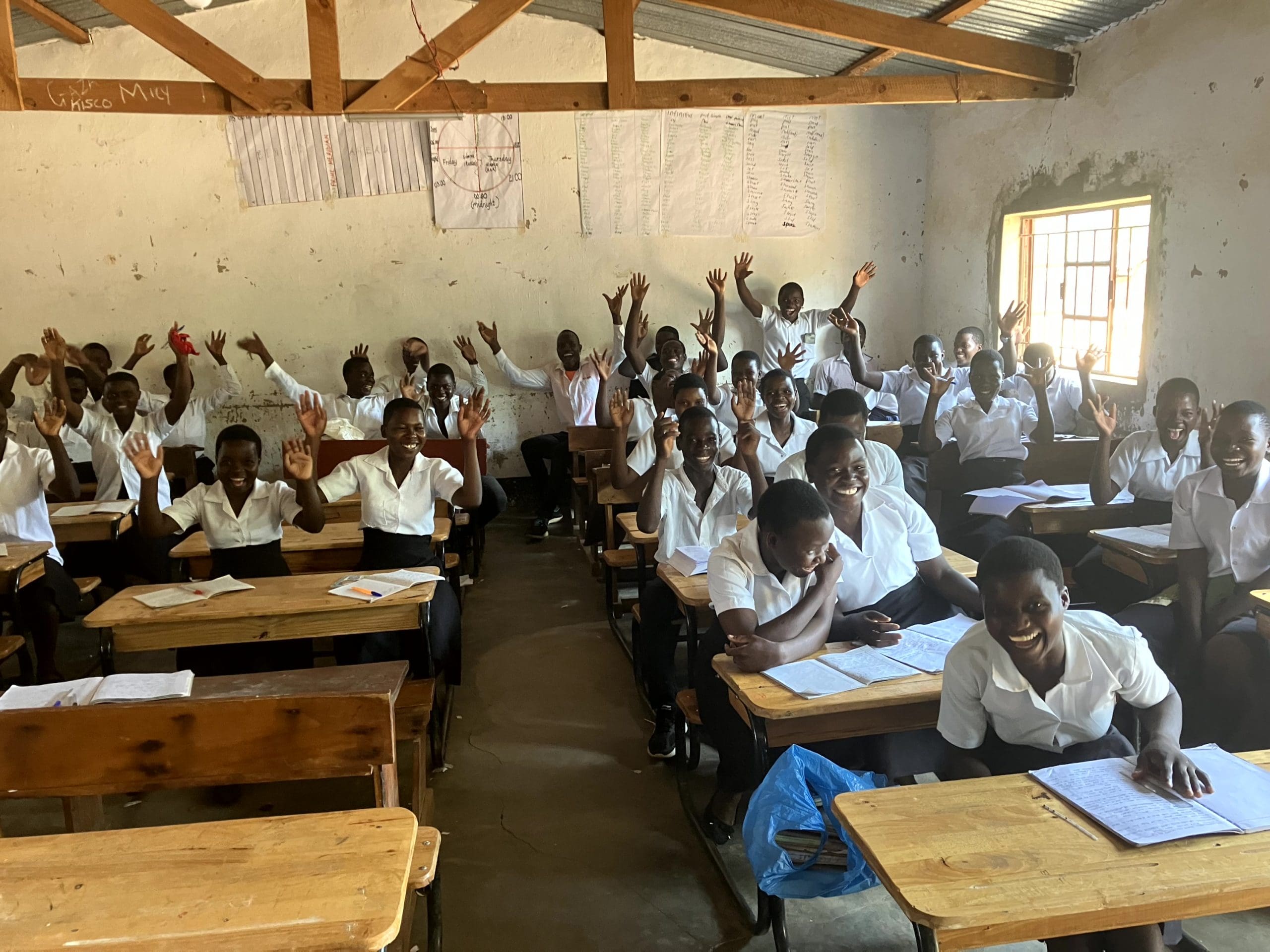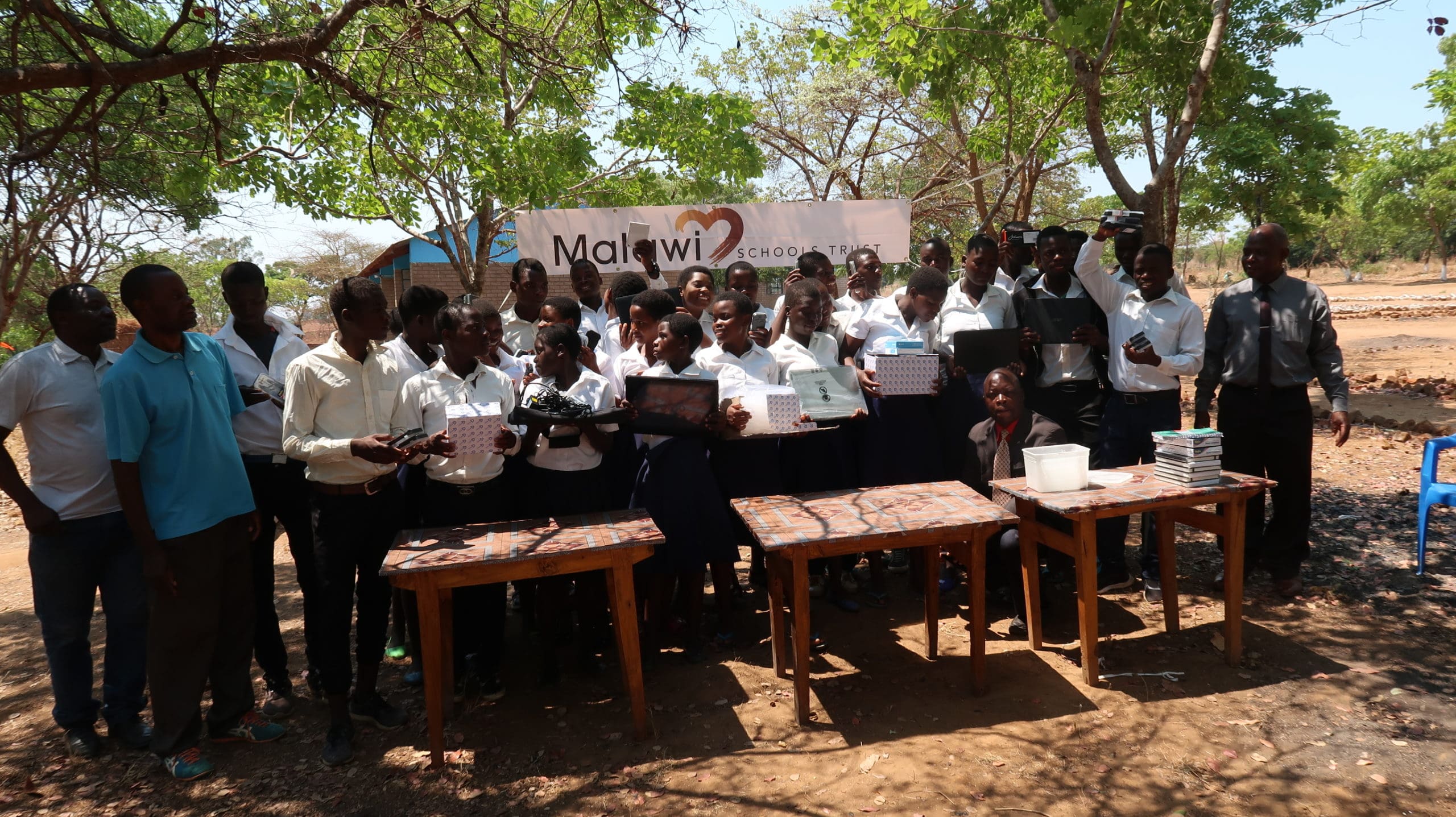





Rural school pupils in Malawi have an average commute of 5-10kms each way. The time and energy/calories required for these journeys detracts from the learning day. Exhaustion contributes significantly to the number of students dropping out each year.
This is further exacerbated for girls who typically must fulfil family duties e.g. carrying water, cooking before walking to the school. In addition Girls are vulnerable to sexual harassment and attack on their journeys.
If schools are perceived as poor value (e.g. limited resources and teachers), parents withdraw their children.
Many rural schools have only one text book per subject. Pupils have no or limited access to this one book. Most rural schools have no electricity, not even a solar panel. This restricts the time of after school study and revision. It also affects Pupil engagement and commitment.
The teaching of computer studies, physics and home economics are a particular weakness in schools. In 2020 only 38000 pupils were being taught computer studies in Malawi. Low enrolment in Computer Studies has a profound implication on Malawi’s participation and competitiveness in a digitised globalized economy.
Parents of children in rural Malawi live by subsistence farming. They survive by growing their own crops. Parents pay for school fees when they have sold excess farming products ( typically Maize, Cassava) for cash. The Central region of Malawi, where we work, was once a major Tobacco harvesting area and an important cash crop for Parents. The decline in the Tobacco industry has pur extra pressure on household budget.
If the parents are unable to generate the £10 required for school fees they will withdraw their child for a term or for ever.